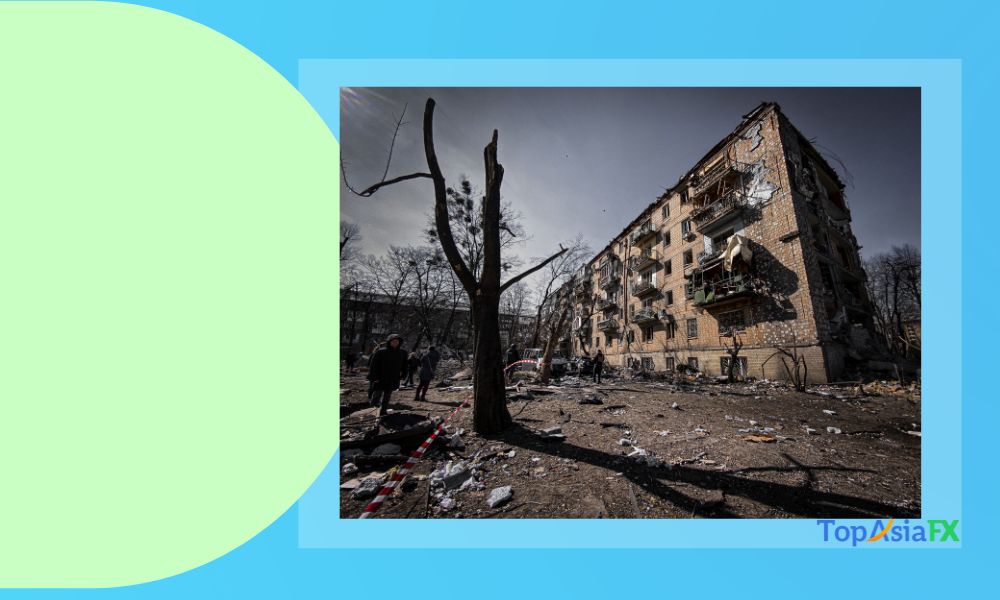Ukrainian soldiers, according to the governor-in-exile of Luhansk in eastern Ukraine, have attacked the headquarters of the Russian Wagner mercenary outfit.
Serhiy Haidai reported considerable damage to the hotel where the group had convened in Kadiivka, Luhansk.
Unfortunately, the BBC was unable to confirm Wagner's presence at the hotel independently.
There was also heavy fighting in southern Ukraine over the weekend, with Russian forces attacking the city of Odesa and Ukrainian forces bombing a target in the captured city of Melitopol.
Western experts have concluded that Wagner are state-sponsored mercenaries working to advance the interests of the Kremlin.
Yevgeny Prigozhin, a former restaurateur and close associate of Russian President Vladimir Putin, established the private military business that has been repeatedly accused of war crimes and human rights abuses.
Wagner forces have been sent to Crimea, Syria, Libya, Mali, and the Central African Republic before.
Mr. Haidai said Russia had suffered "major losses" in the Kadiivka strike, and he anticipated "at least 50%" of the surviving personnel to die due to a lack of medical care.
Additional battle in southern Ukraine preceded the attack on the "Wagner HQ" in the east.
About 1.5 million people lost power on Saturday after the Ukrainian army claimed to have shot down 10 drones and another 5 had damaged energy installations in the port city of Odesa.
President Zelensky remarked, "The situation in the Odesa region is quite severe," in his evening video address. "Unfortunately, the strikes were severe enough that it will take more than time to get power back on. It takes a few days, not hours."
Russian drones built in Iran reportedly destroyed vital infrastructure, as reported by Ukrainian authorities.
On Monday, Olaf Scholz, Germany's chancellor, will preside over a virtual conference of G7 leaders to discuss imposing additional sanctions on Russia and Iran.
The proposed measures would go after Iran for supplying drones to Russia, while the ninth package of Russia penalties would add the names of over 200 additional people to the EU sanctions list.


Comments
Post a Comment